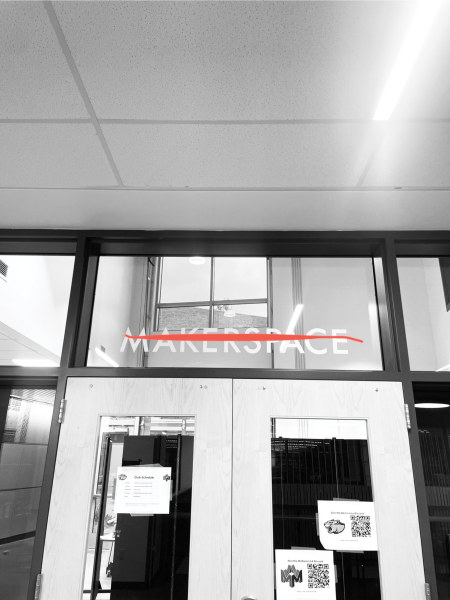Administrative team announces heightened enforcement of tardy policy
The administrative team has stated it will begin an increased enforcement of their tardy policy. The decision came in an effort to reduce the amount of tardiness among students, especially after lunch, and serves as a means to make up for missed class time.
After three tardies, a student will be eligible for detention. Whether or not they ultimately are assigned detention is determined by other factors, including frequency and pattern. If a student’s tardy is “Late After Tardy,” or more than 20 minutes, also plays a part in the decision.
“[The rule] is not one, two, three necessarily,” vice principal Keyla Santiago-Rodriguez said. “…if there’s definitely three in a row, if there’s just high frequency, kind of the top people as the reports keep going…they are going to be assigned detention.”
The policy was relaxed over the pandemic and into the previous year. Vice principal Travis Johnson said this was in an effort to try a less punitive, more relationship-based method of addressing the issue of tardiness.
“Last year we focused a lot on relationships,” Johnson said. The admin team tried to get to know kids and walk them to class. They also called home and had meetings, trying to avoid consequences like detention.
“So we tried a lot of that last year and honestly it felt like we failed miserably at trying to get kids to class on time,” Johnson said.
Johnson said the school will make an effort to ensure that students who are late for reasons outside of their control will not be punished. The major focus is on students who are late returning for lunch, when tardies are highest. Johnson emphasized the effort teachers put into preparing lessons.
“I understand late is going to happen. But, if you’re at home and you have someone at your house that makes you dinner every night…and everyday you are late and the dinner’s cold, that wouldn’t happen. If this was your home, you would be like, ‘Oh, I need to get there because someone is making dinner for me, and they are putting effort into it.’ And so, I liken that to teaching.”
The admin team announced the policy to students during the beginning of the year in the CREED presentations.
Junior Patsy Thomas expressed concern that the assignment of detention may not be an effective solution to tardiness.
“It’s like, you get detention, you go back to class,” Thomas said. “It’s not really a long term plan, which is why I don’t like it.”
English teacher Melanie Guthrie has seen attendance that reflects the pattern the admin team is addressing.
“My attendance is largely pretty good except after lunch,” Guthrie said. “My 7th period’s tardies are atrocious.”
Guthrie believes that detention does not work with equal efficacy for everyone.
“I think [detention’s effectiveness] depends on the circumstances of the student to be honest,” She said. “I do think it would be most effective if those ‘detentions’ were a conversation with someone like the deans or admin about why they are frequently tardy. Then we could work on how to best serve those students and get them into classes on time.”
Johnson said the school has already seen increased attendance so far, even before the policy began to be enforced.
Lincoln Wheeler (he/him) is a senior who loves playing hockey and guitar. He enjoys being a journalist because he wants to bring new perspectives and ideas to people.











